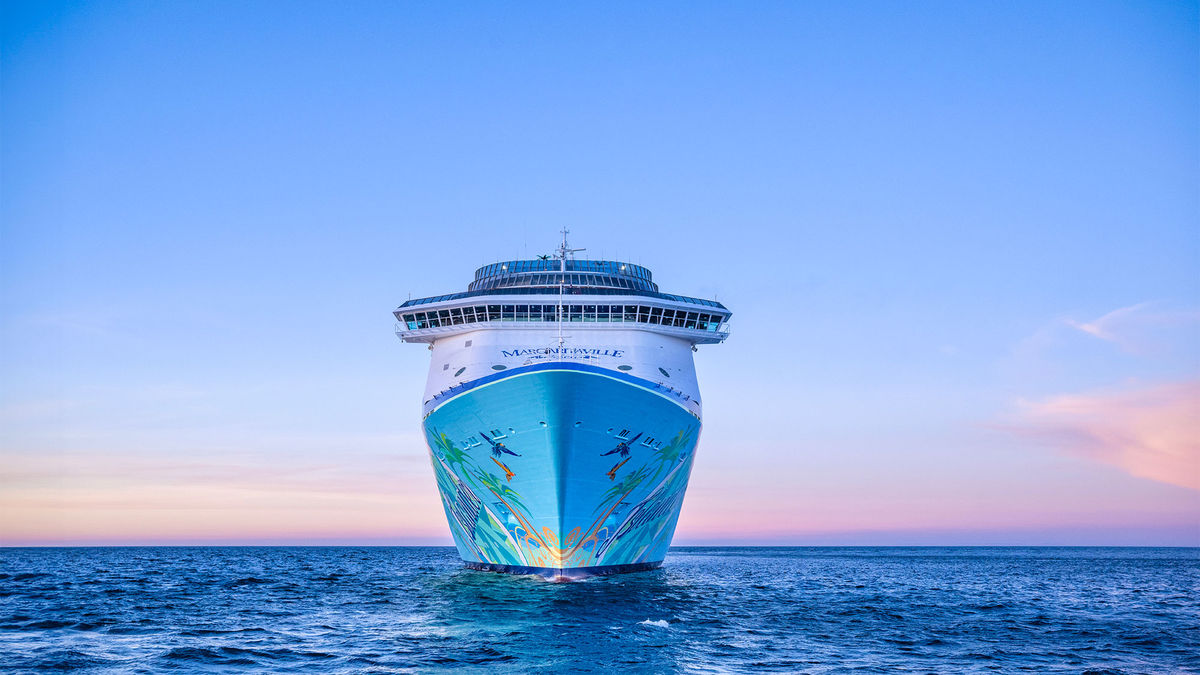Frank Belzer is senior vice president of sales and partner relations at Margaritaville at Sea, a position he accepted in December. He has been a regular speaker and panelist at travel trade conferences.
I have been working with travel advisors for the past 20 years in one way or another. Throughout that time, I always appreciated the added value they often bring, especially regarding the guest experience. As a result, I have historically advocated doing more business with them regardless of the destination or organization I was working for.
Sometimes, that passion was fueled by pure data. For example, at Universal Parks, it was obvious that travel agents were doing a much better job at selling ancillary products, and often their transactions had a much higher value per person than those made through our direct channels. On other occasions, the feedback was more general but was just as important. For example, as we came out of the Covid crisis, it was clear that consumers wanted more authenticity; human, personal touch; and customized care, which travel advisors can offer in abundance.
However, in my new role at Margaritaville at Sea, I have probably had more personal contact with travel advisors than at any other point in my career. Having just launched a new ship, the Islander, and having hosted many agents on the initial few weeks of sailing, it occurred to me that there was another precious benefit that companies should take advantage of that is regularly and willingly provided by travel advisors.
• Related: Margaritaville at Sea names Islander godmother
It’s no secret that things can go wrong when launching any attraction or hotel; I’ve learned that the risk is magnified when launching a new ship. All the testing in the world doesn’t prepare you for bringing 4,000 people onboard; inevitably, glitches are found in the system. Even after an extensive remodeling that cost a lot of money and took a long time, technical issues still somehow find their way through the cracks and show up once we have guests onboard. Then, of course, there are growing pains with staffing, training and processes that need to be sorted out during those early sailings. When these things happen, passengers will complain to guest services, post stuff on social media and tell their friends about it; unfortunately, it is the reality of how the situation typically unfolds.
Where advisors make the biggest difference
But over the past few weeks, I was struck by how different those same interactions are when they come from a travel advisor who’s sailing with us. Sure, travel advisors can be critical; they have much to say, and they have a lot of strong opinions. However, I also noticed they are often there to help, and that can be a real gift. They travel on all of the competitive lines, so not only are they used to ships, they are also familiar with booking engines, the tools available in the market for travel advisors, operational best practices, food and entertainment, safety, accessibility and so much more.
Now, many companies spend vast amounts of money to conduct focus groups, qualitative and quantitative surveys of passengers or other types of market research about their brand and product. But having 20 travel agents on your ship for a four- or five-night excursion can often provide all of that and more and provide additional competitive context that is usually hard to obtain through surveys or other methods.
More Forums from Frank Belzer:
• Are you an agent or an advisor? Why your answer matters
• Here’s why advisors continue to thrive
As a company and as a corporate leader, I’ve learned a great deal from the travel advisors who joined us on our initial sailings. We should be forever grateful for their presence and their feedback. Many of their insights echoed guest feedback we were already aware of, but they also highlighted other potential areas for improvement. They also provided invaluable competitive context, informing us about practices on other lines that could help us address our own issues. One advisor even provided a comprehensive report on ways we could enhance several areas around the ship, akin to the insights you’d get from a consulting firm.
My point is this: An organization might work with travel advisors for several business reasons. They’re trying to grow into new markets, they’re trying to find new audiences, or they’re trying to expand internationally. They may want to capture some competitive market share and move potential guests from one line to another.
Like all feedback, the recipient must be willing to invest the time and listen, not get personally offended or immediately attempt to counter agents’ opinions with their own ideas. Listening to our agents will help us improve in the near and the long term. And not only that, listening to travel advisors inevitably improves our relationship with them.
________________________________________________________
Travel Weekly accepts opinion pieces on subjects of interest to the travel industry and, most importantly, to travel advisors. Forums should be 550 words and must be exclusive to Travel Weekly; no part of the writing can have been published anywhere else. Forums must not be self-promotional and should be submitted with the understanding that Travel Weekly reserves the right to edit the content for length, style, spelling, clarity, structure, etc. Submissions, along with a high-resolution headshot and a short bio, should be emailed to editor in chief Arnie Weissmann and deputy managing editor Gerry Bourbeau.













